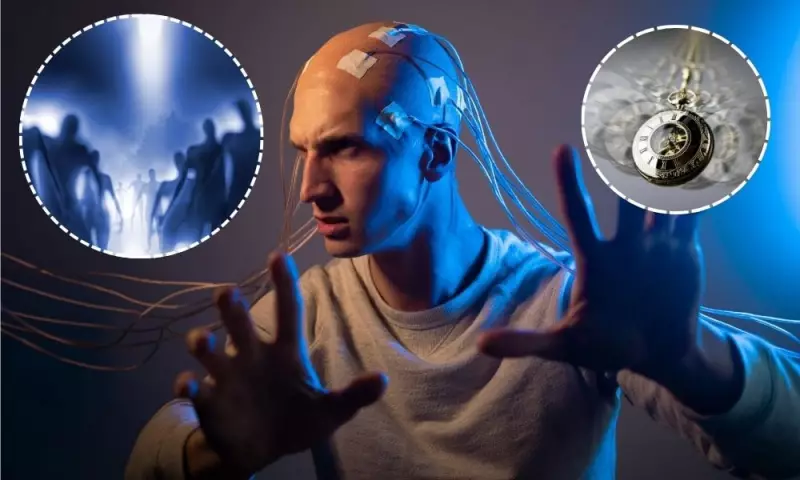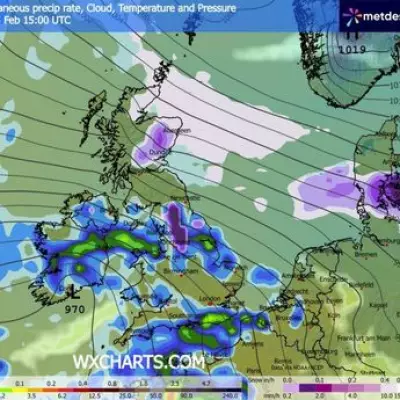
When Halloween approaches, ghost stories and supernatural tales dominate conversations. But what if there was actual scientific research behind these phenomena? Welcome to the world of parapsychology - the serious academic study of paranormal experiences that's been conducted at prestigious universities for decades.
What Exactly is Parapsychology?
Parapsychology represents the scientific investigation of apparent paranormal phenomena that don't fit conventional scientific understanding. Rather than focusing on ghost hunting with ouija boards, genuine parapsychologists conduct controlled laboratory experiments and statistical analysis.
The field primarily examines three core areas:
- Telepathy: The direct transmission of information between minds without using known sensory channels
- Precognition: The ability to perceive or predict future events before they happen
- Hauntings and Poltergeists: Systematic investigation of recurrent spontaneous phenomena in specific locations
Academic Credibility and Research Centres
Contrary to popular belief, parapsychology isn't relegated to fringe science. The University of Edinburgh hosts the world-renowned Koestler Parapsychology Unit, established in 1985 through a generous bequest from author Arthur Koestler. This research centre operates within the university's Department of Psychology, maintaining rigorous academic standards.
Dr Caroline Watt, Senior Lecturer in Psychology at Edinburgh, explains: "Our research applies scientific methods to investigate whether such phenomena exist, and if so, how they might work. We're not here to prove or disprove anything, but to follow the evidence where it leads."
Real Scientific Methods in Paranormal Research
Modern parapsychologists employ sophisticated methodologies including:
- Double-blind laboratory experiments to test for telepathy
- Statistical meta-analysis of multiple studies
- Neuroimaging techniques to study brain activity during purported psychic experiences
- Environmental monitoring in reported haunting cases
These approaches distinguish academic parapsychology from amateur ghost hunting and demonstrate the field's commitment to scientific rigour.
Why This Research Matters
Beyond satisfying curiosity about the supernatural, parapsychological research contributes to our understanding of human consciousness, perception and the potential limits of current scientific models. The field continues to evolve, incorporating new technologies and methodologies while maintaining its position within respected academic institutions.
As Halloween 2025 approaches, it's worth remembering that behind the costumes and horror movies lies a genuine scientific endeavour exploring the boundaries of human experience and capability.





